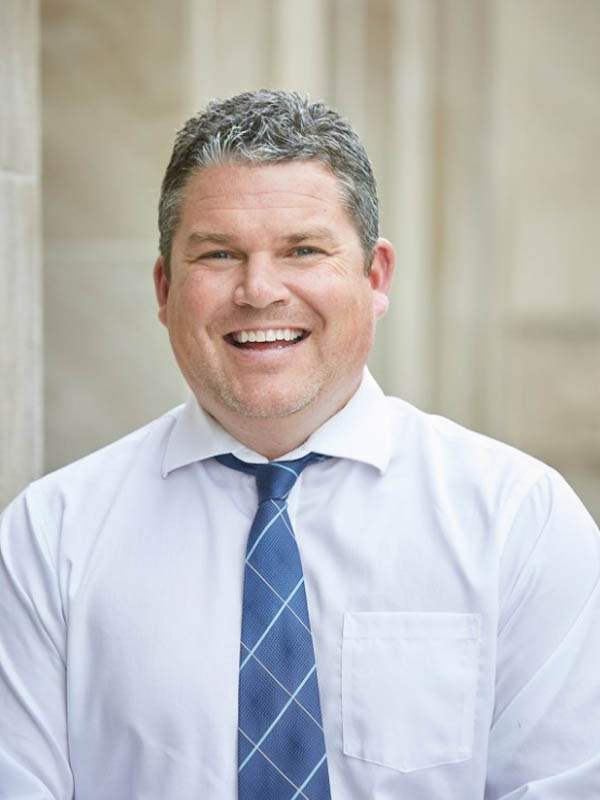The Curative Art of Forgiveness
By Matthew M. Ready, LMSW, CAADC
August 2022

Nearly all of us experience incidences within our romantic relationships that lead to feelings of disappointment, hurt, misunderstanding, disrespect, dismissal, disloyalty or betrayal. This is the inherent risk we take when we enter into any relationship of the heart. Relationship offenses can be relatively innocuous- e.g., forgetting to pick up milk at the grocery store, or of much grander significance – e.g., infidelity or physical or verbal abuse. When a partner creates substantial damage to the relationship, whether it be inadvertently or with willful intent, choosing forgiveness can be extremely difficult for a number of reasons. Summoning the strength, energy and discipline to genuinely and intentionally seek and grant forgiveness plays an important role in healing and actually solidifying the relationship as well as the mental, emotional and health benefits for both parties.
Research has shown that digging in our heals and remaining in a state of resentment, anger and a general unwillingness or inability to forgive creates a distinct physical stress- increased heart rate, blood pressure and dysregulation. Anxiety, depression and stress may lead to fatigue, pain, lethargy and apathy. Individuals who maintain grudges or struggle with self-forgiveness may also increase the likelihood of unhealthy self-medicative and ego-protective behaviors including substance abuse and the development of maladaptive behavioral addictions. Studies show that individuals that hold grudges, resentment, bitterness, and rage experience compromised immune systems and are more prone to a general decline in emotional, mental, and physical well-being.
It is important to remember that forgiveness is NOT letting your partner off the hook. Nor is it about condoning, forgetting or accepting hurtful or inappropriate behavior. In fact, it is reasonable and natural to forgive your partner without minimizing or denying that an offense was committed. Additionally, forgiveness may not invariably involve reconciliation and it may not be a quick fix or instant panacea.
Forgiveness is the intentional and explicit decision to give up the justification and right for retribution, vengeance and persistent negative thoughts toward the offender in order to free self of resentment, anger and other negative sentiments. The deliberate recognition of hurt and pain within self and choice to let it go. Research demonstrates that the promotion of emotional healing and restoration of inner peace and affect regulation is accomplished through forgiveness. Happiness and hopefulness is enhanced and relationships become healthier and more stable. Further, people who consciously forgive experience higher levels of empathy, compassion and positive feelings towards other and most importantly, self. Many couples have challenges with forgiveness because of an overwhelming validation and intellectual and emotional congruency associated with a right to be angry. Intentionally choosing to forgive means letting go of all resentment- despite a justification and conviction to remain angry- to benefit self and repair the relationship.
Forgiveness is the intentional and explicit decision to give up the justification and right for retribution, vengeance and persistent negative thoughts towards the offender in order to free self of resentment, anger, and negative sentiments.
About the Author

Matthew M. Ready, LMSW, CAADC
Matthew M. Ready is a licensed Master’s level Clinical and Macro Social Worker and Certified Advanced Alcohol and Drug Counselor. He has been practicing with HRA Psychological Services since 2009 with particular treatment emphasis in the areas of substance use disorder treatment and adolescent developmental issues. He also provides marriage counseling and standard mental health treatment for adolescents and adults. Prior to his practice with HRA, Mr. Ready provided years of service within the field of child welfare before shifting his efforts to Mercy Health Behavioral Health Services and the Drug and Sobriety Court program with the 60th District Circuit Court in Muskegon, MI.
